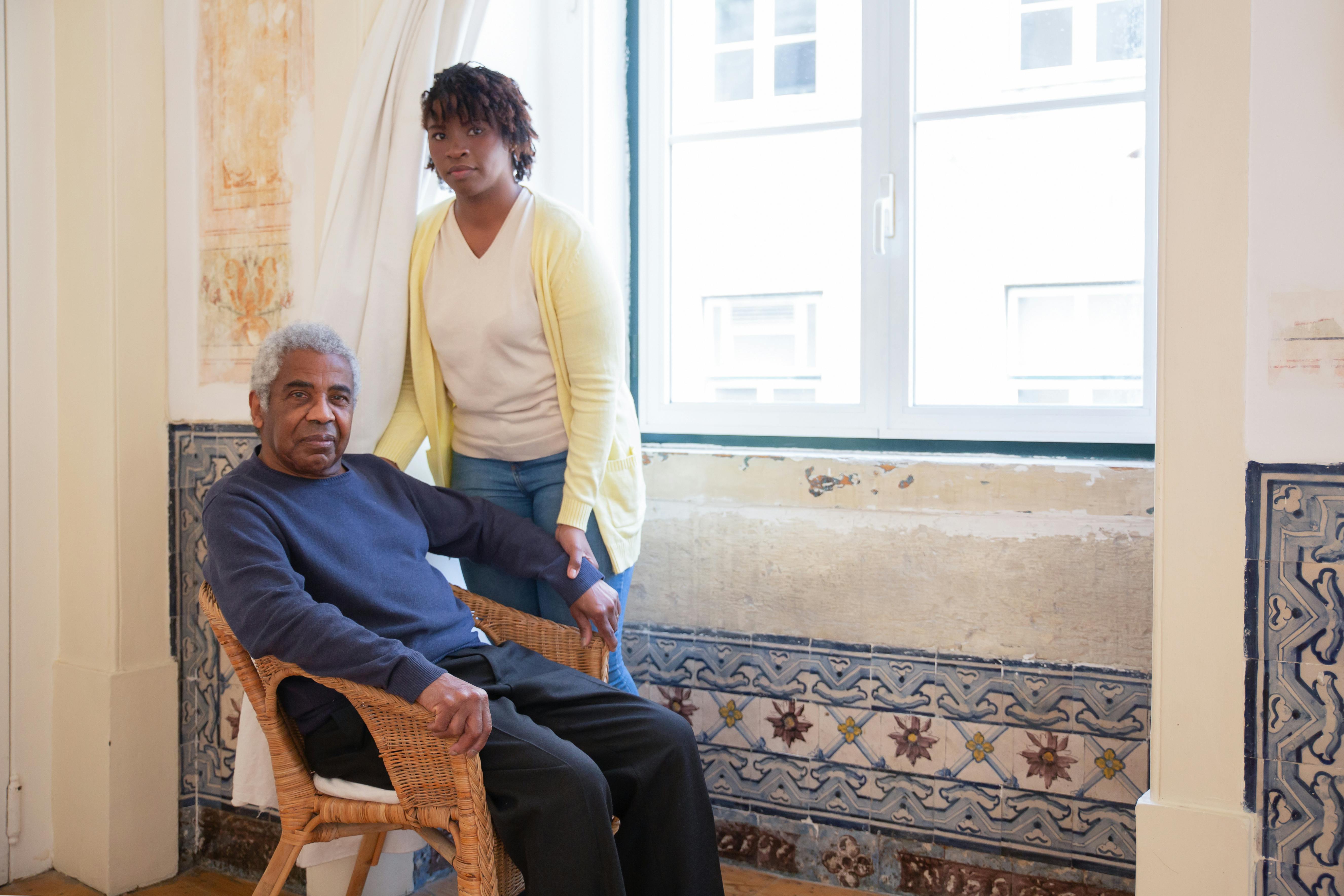How to Choose the Best Death Doula Training Program
(Online or In-Person)

Choosing the best death doula training program — whether online or in-person — is a deeply personal decision that should align with your values, learning style, and vision for how you want to serve. As interest in end-of-life doula work grows, so too has the number of available courses and certification options. It can feel overwhelming to know where to begin or how to evaluate the best path forward. Whether your goal is to support individuals at the end of life, assist families, or expand your current caregiving skills, making an informed choice now can lay the foundation for a meaningful and sustainable practice.
At IEOLCA, we believe the best death doula training programs empower you to offer compassionate care, navigate complex emotional terrain, and serve with integrity. Understanding what to look for can help you choose a program that not only meets your needs today but also supports your continued growth throughout your journey as a doula.
What Makes a Program "the Best"?
The best death doula training programs share a few core qualities:
- Comprehensive, heart-centered curriculum covering emotional, spiritual, and practical care
- Accreditation or recognized certificates of completion
- Strong support networks and ongoing community connection
- Practical tools, templates, and real-world exercises
- Flexible self-paced options or structured live components, depending on your style
- Transparent pricing and accessible learning pathways
At IEOLCA, we focus on creating an accessible, comprehensive, and affordable self-paced certification that supports you in each of these areas, so you feel confident and equipped to serve with heart and clarity.
Explore the IEOLCA Certification Program1. Comprehensive, Compassionate Curriculum
One of the most important factors when choosing a death doula training program is the curriculum. A strong program goes far beyond surface-level information. Look for training that covers the emotional, spiritual, practical, and logistical aspects of end-of-life care. Topics might include legacy work, grief support, cultural and spiritual sensitivity, communication techniques, ethical standards, trauma-informed practices, and an understanding of the dying process itself. The best death doula programs emphasize deep listening, presence, and the ability to meet each person where they are with dignity and respect.
In particular, pay attention to whether the curriculum addresses trauma-informed care. Clients at the end of life may have a history of complex trauma that can resurface during the dying process. Cultural humility is another essential element, ensuring that you are equipped to honor diverse beliefs, traditions, and needs. Legacy work — helping clients create meaningful expressions of their lives, such as letters, memory books, or ceremonies — should also be woven into the training, reflecting the richness and complexity of every person’s journey.
2. Self-Paced Flexibility or Structured Support
Everyone’s learning style and life situation are different. Some aspiring doulas need the flexibility of a self-paced online course, allowing them to learn at their own rhythm and integrate the material alongside work, caregiving, or other responsibilities. Self-paced programs are ideal for independent learners who appreciate moving at their own speed and having time for deep reflection between lessons.
Others thrive in a more structured environment with scheduled classes, live discussions, or mentorship groups. Structured programs can provide a valuable sense of community, accountability, and encouragement. What matters most is choosing the option that aligns with your personal learning needs and supports your commitment to completing the training.
3. Focus on Real-World Application
Knowledge alone is not enough to be an effective death doula. Real-world application is essential. Look for training that includes practical exercises, case studies, role-playing scenarios, and guided practice assignments. These elements help you apply theoretical knowledge in a meaningful, embodied way, preparing you for the real-world complexities of end-of-life care.
Additionally, good training programs encourage reflection on your own relationship to death and grief. By engaging in self-awareness practices and journaling exercises, you deepen your ability to hold space for others with compassion and without judgment.
4. Affordable and Accessible Options
End-of-life doula work is heart-driven, but practical considerations matter too. Training should be accessible without creating financial hardship. Look for programs that are transparent about pricing, payment plans, scholarships, or sliding scale options.
Affordability should not mean sacrificing quality. Be wary of programs that advertise extremely low fees without offering clear value, and remember that the most expensive program is not always the best fit. A good death doula training program honors both your financial reality and your calling to serve.
5. Support Beyond Certification
A final — and often overlooked — factor to consider is post-certification support. Becoming a confident, competent death doula often requires ongoing learning and connection. Programs that offer alumni networks, professional development opportunities, practice groups, or continuing education courses can help you stay connected to your purpose and your community.
Ask whether the program offers options for staying engaged after certification. Even if you choose a self-paced program without formal mentorship, connecting with other doulas through alumni groups, peer practice sessions, or local hospice networks can help you maintain momentum and confidence in your work.
Choosing Your Path With Intention
Choosing a death doula training program is about more than just gaining knowledge — it is about finding the right foundation for the sacred work of walking alongside others at the end of life. Take your time. Trust your instincts. Seek out programs that honor your growth, your values, and your vision for the service you are called to provide.
By carefully selecting a program that fits your goals, learning style, and financial needs, you set yourself up not just for certification — but for a meaningful and sustainable practice that brings comfort, dignity, and compassion to those you serve.
Learn More About IEOLCA Certification